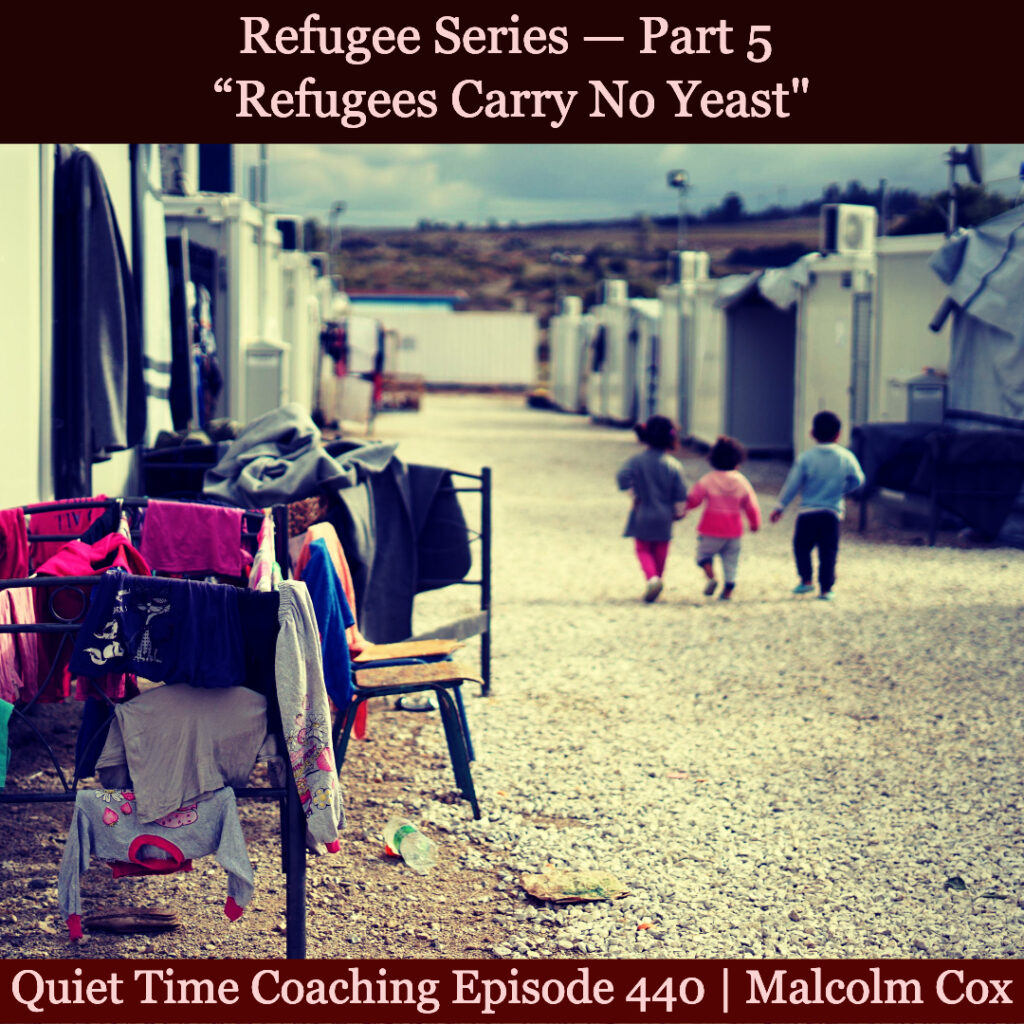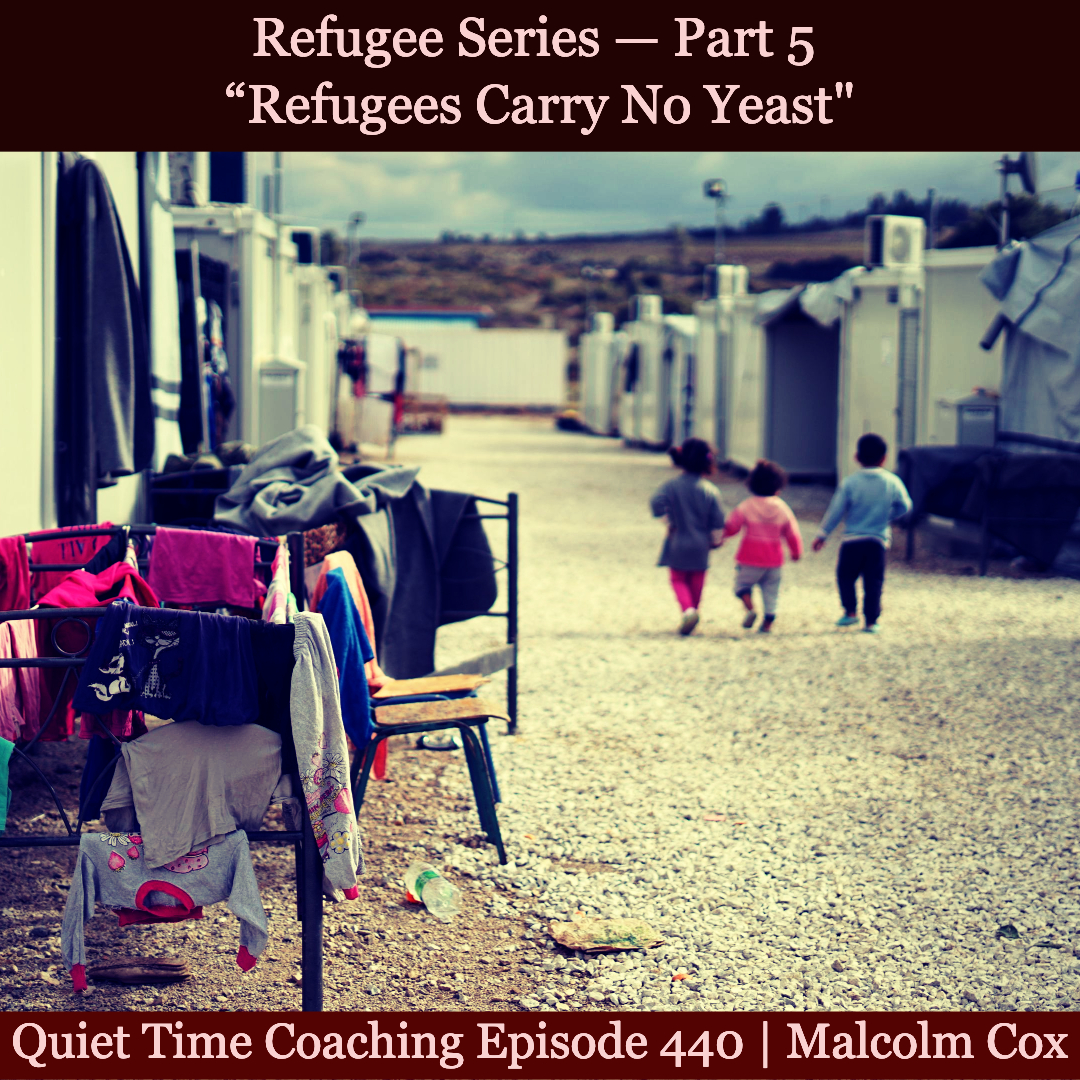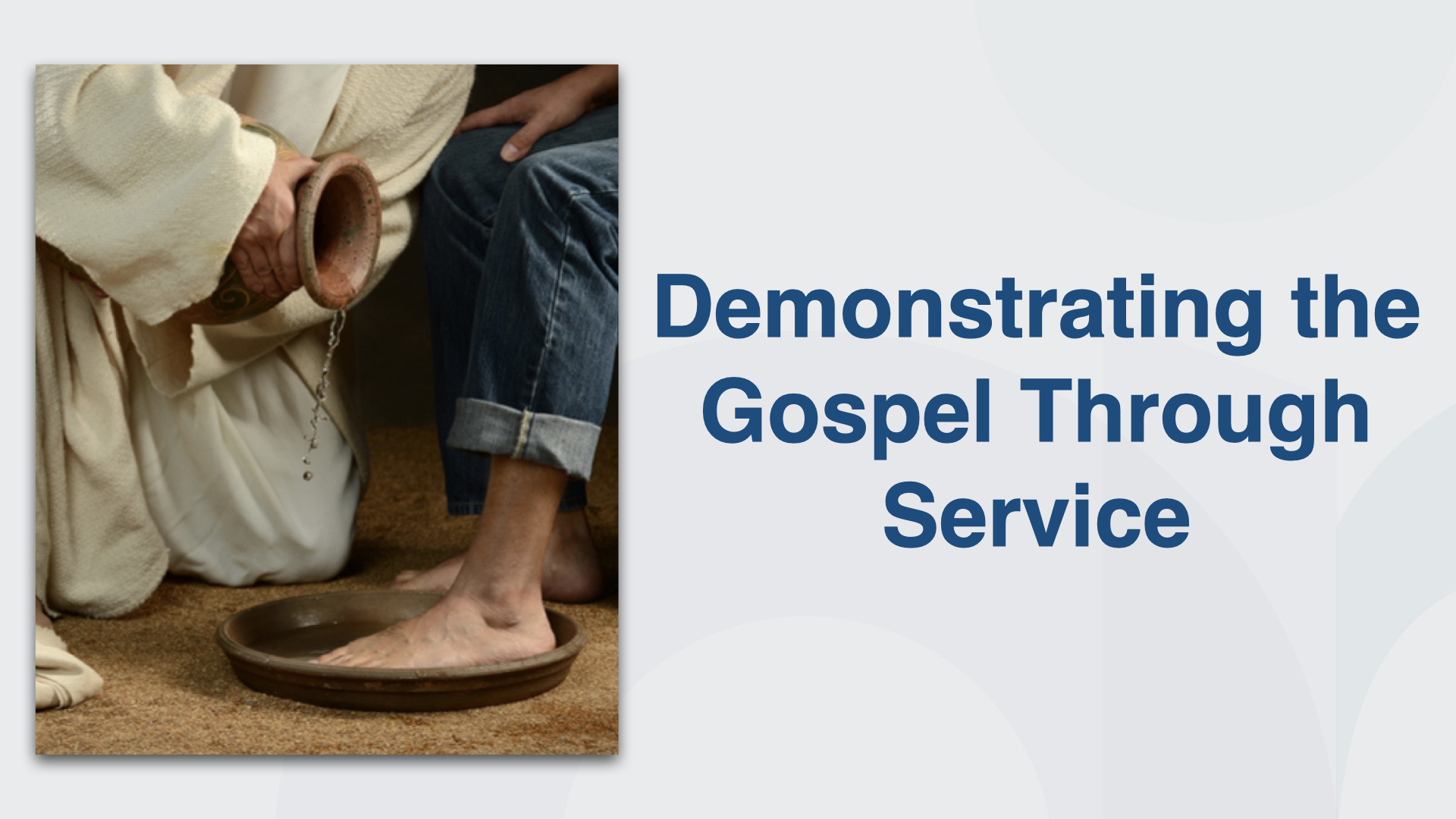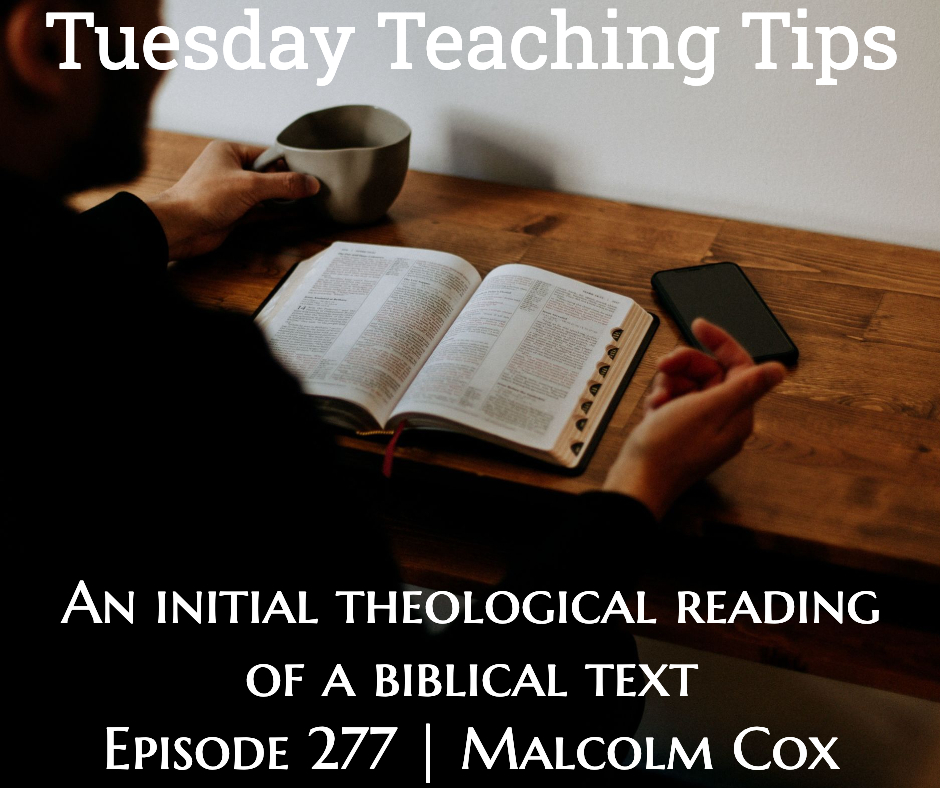
One of the characteristics of a refugee is that they carry very little with them. Everything in their luggage or backpack must be vital. There is no place for the unnecessary or superfluous. Many refugees carry all their possessions on their backs, or push them in a cart. They make difficult choices about what to take with them, and what to leave behind. For most refugees they are carrying a tiny proportion of their worldly belongings. There are parallels here with the people of Israel and followers of Jesus. Let’s consider this passage in 1 Corinthians chapter 5.
“Your boasting is not a good thing. Do you not know that a little yeast leavens the whole batch of dough? Clean out the old yeast so that you may be a new batch, as you really are unleavened. For our paschal lamb, Christ, has been sacrificed. Therefore, let us celebrate the festival, not with the old yeast, the yeast of malice and evil, but with the unleavened bread of sincerity and truth.” (1 Corinthians 5:6-8 NRSV)
No Yeast
When the Israelites left Egypt they were not carrying yeast. From that time on at the annual festival of Passover inspections were made of homes and possessions to ensure that no yeast remained.
“For seven days you are to eat bread made without yeast. On the first day remove the yeast from your houses, for whoever eats anything with yeast in it from the first day through the seventh must be cut off from Israel.”
(Exodus 12:15 NIV11; Also, Exodus 13:7)
The yeast removal was a reminder of the escape from Egypt. It brought back the refugee experience. Refugees don’t carry yeast. Why not? Because they don’t stay in any place long enough for bread to rise.
New People
The people of God are a new people created by God. They are not holding on to the (yeast of the) past. We are the unleavened people.
“Therefore, if anyone is in Christ, the new creation has come: The old has gone, the new is here!” (2 Corinthians 5:17 NIV11)
New Passover
Christ is our Passover. As the Tyndale commentary puts it,
‘Christ is for believers what the passover was for the Jews. In Egypt they had offered their sacrifice in order that the destroying angel might pass over them. They had been delivered, and a slave rabble emerged as the people of God. Paul is using this imagery to remind his readers that the death of Christ had delivered them from slavery to evil and made them the people of God.’
Christ has been sacrificed and therefore we celebrate the festival. The festival of the new life. A life of freedom instead of slavery. Not a life infected by the old yeast of malice and evil, but with the unleavened bread of pure motives and actions.
Questions for reflection
- Is there any old life ‘yeast’ that needs removing?
- What does it mean to you that Jesus is your passover?
- How can you meaningfully ‘celebrate the festival’ today?
Please add your comments on this week’s topic. We learn best when we learn in community.
Do you have a question about teaching the Bible? Is it theological, technical, practical? Send me your questions or suggestions. Here’s the email: malcolm@malcolmcox.org.
If you’d like a copy of my free eBook on spiritual disciplines, “How God grows His people”, sign up at my website: http://www.malcolmcox.org.
Please pass the link on, subscribe, leave a review.
“Worship the LORD with gladness; come before him with joyful songs.” (Psalms 100:2 NIV11)
God bless, Malcolm


